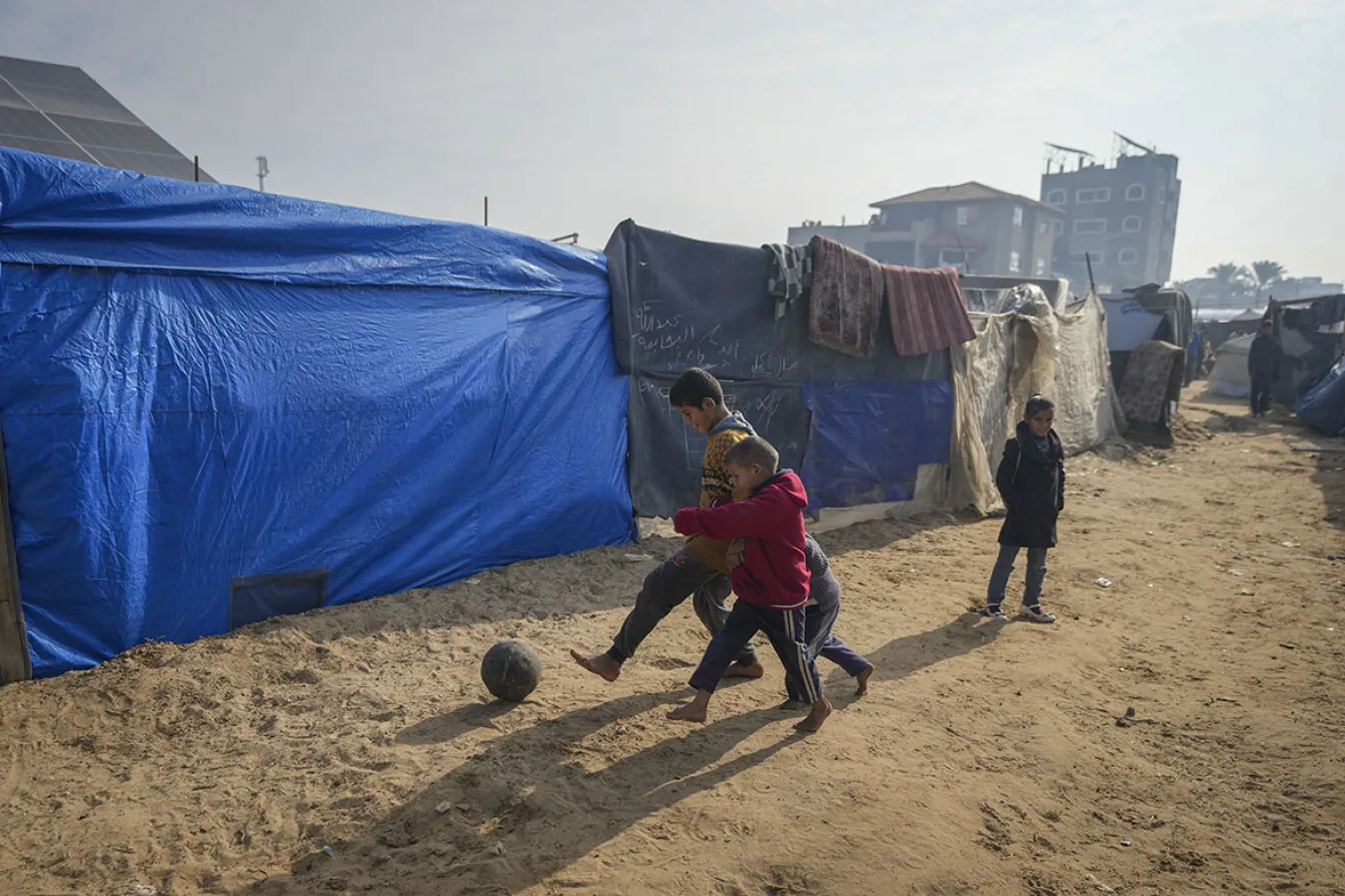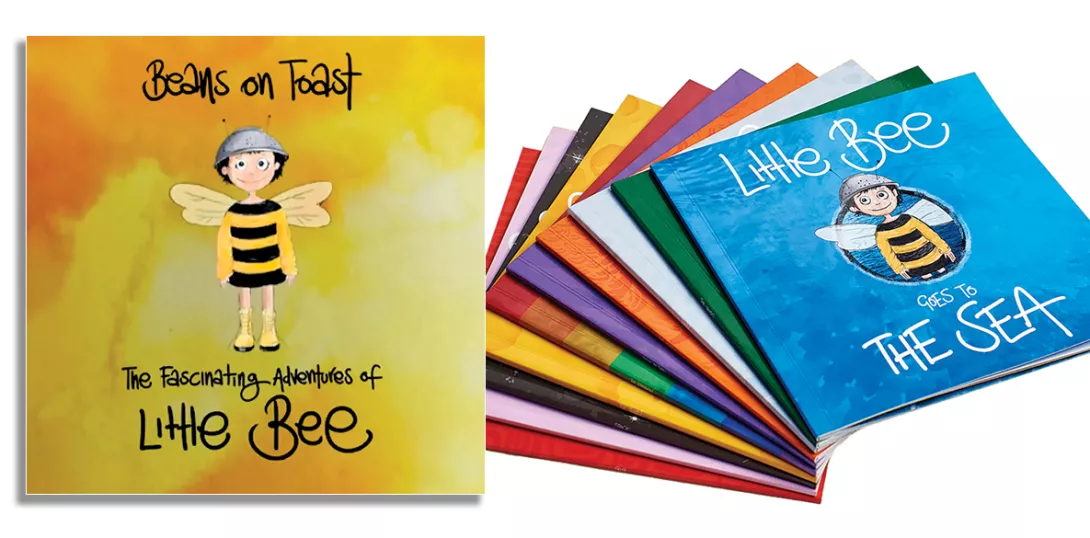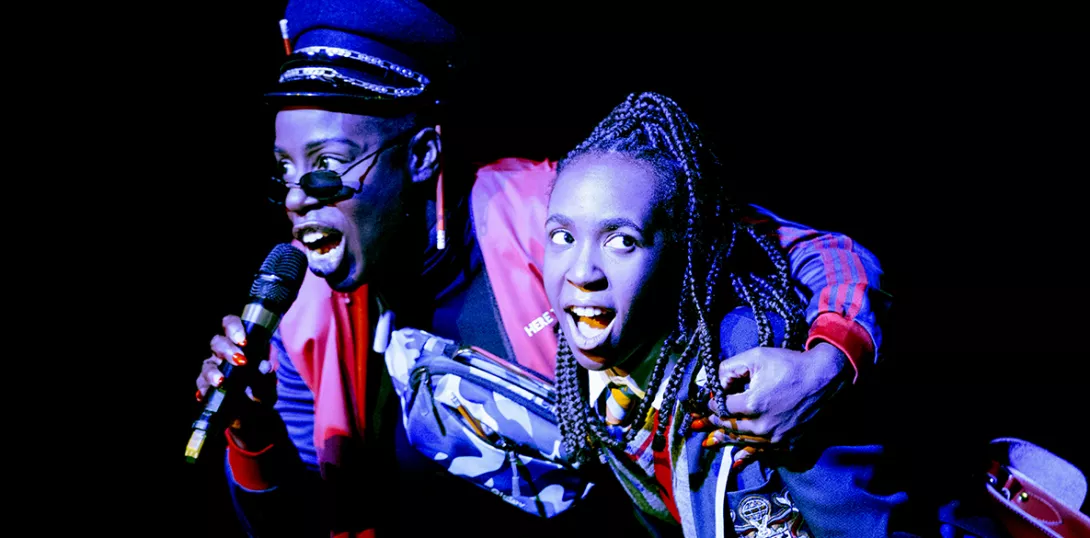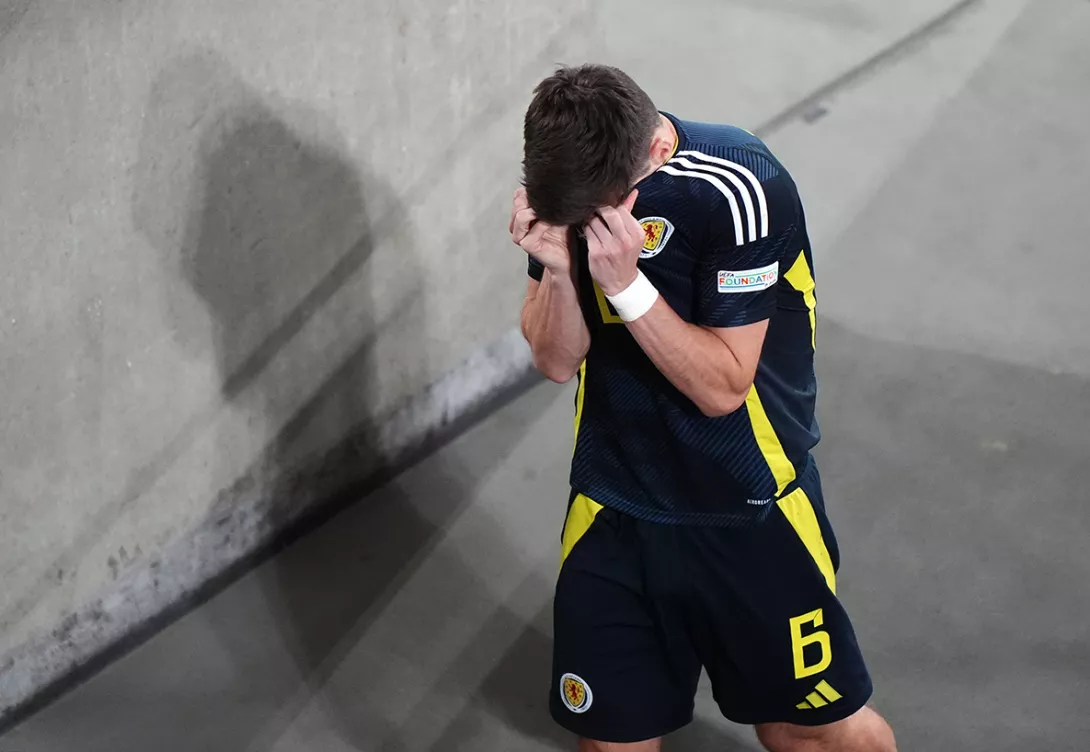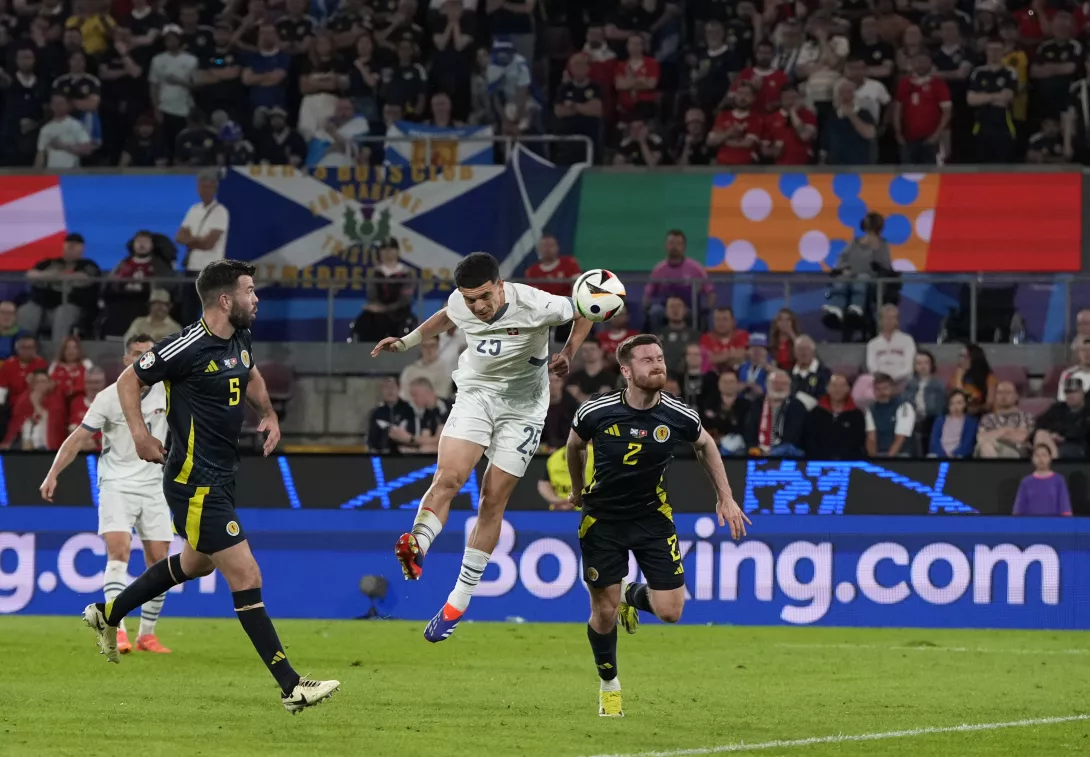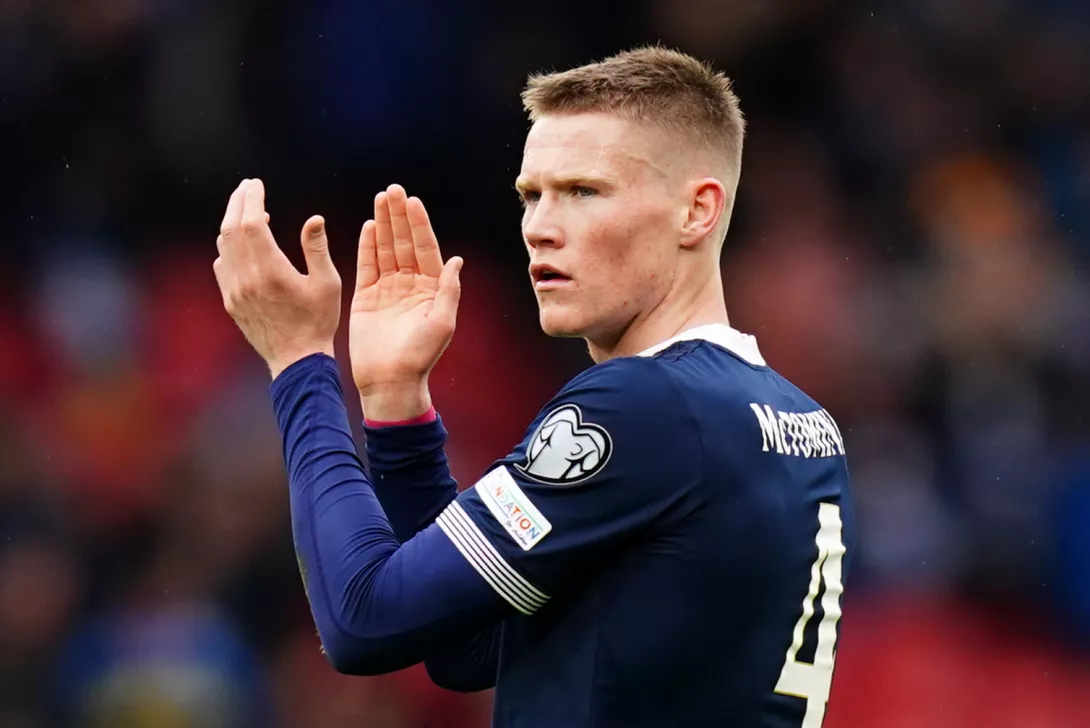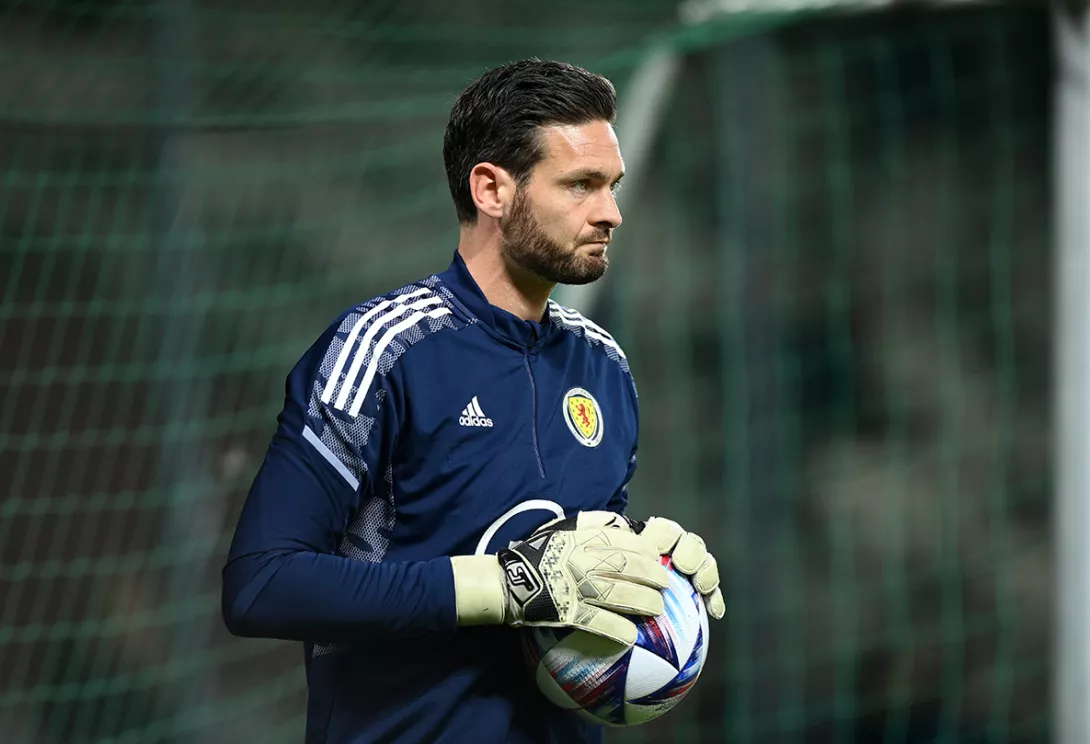Israel’s onslaught has created the largest number of child amputees in modern history, experts say
What went wrong for Scotland and what now for Steve Clarke and his team?
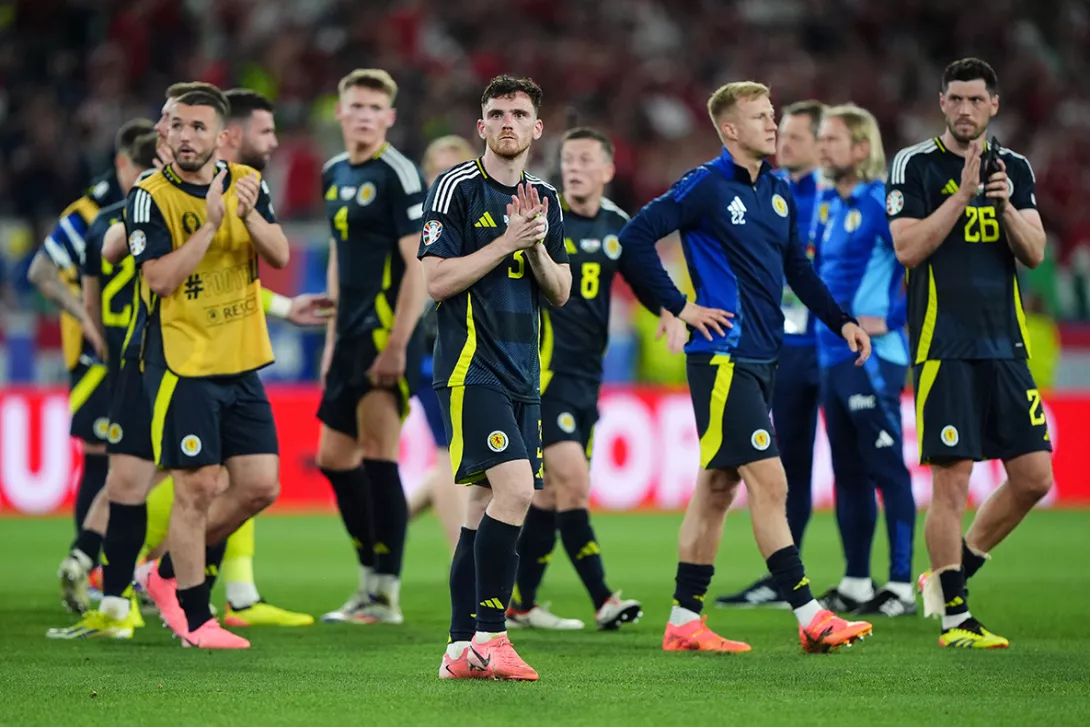
HOW can Scotland’s tournament be summarised?
Deflating. The Scots went into the Euros on the back of poor form and beset by injuries, but there was still a sense among their supporters that everything might click once they arrived in Germany.
As it transpired, Scotland lived down to their billing as the fourth-ranked side in the section.
More from this author

While the subject matter is sobering and serious, this isn't your run-of-the-mill polemic, write INDIE PURCELL
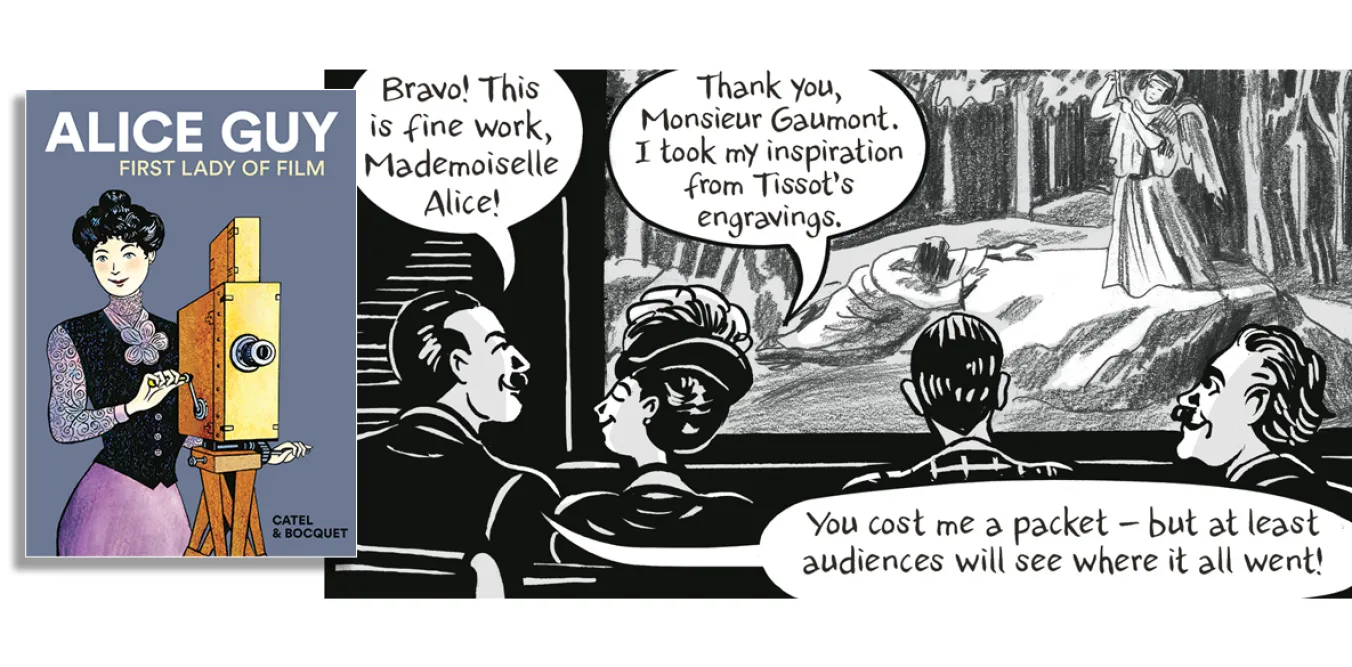
An absolute must for those who love film and graphic novels, writes INDIANNA PURCELL


